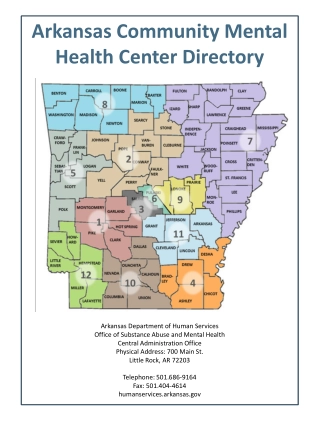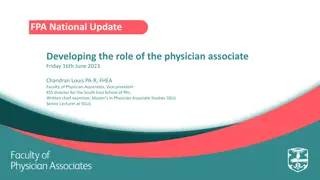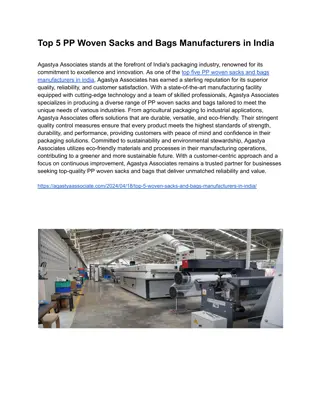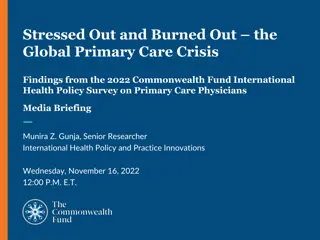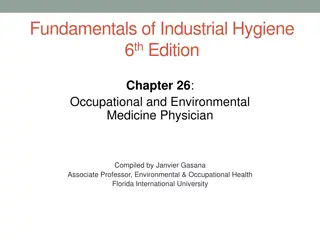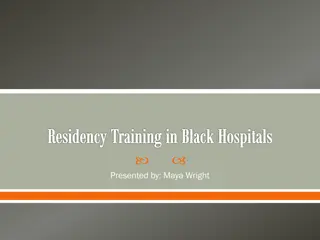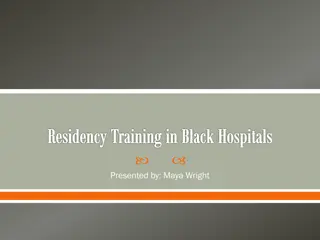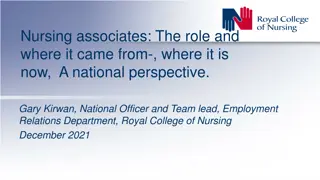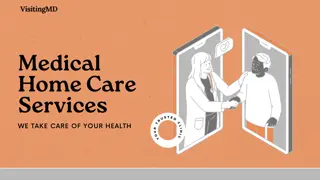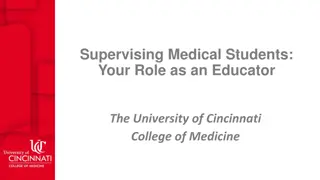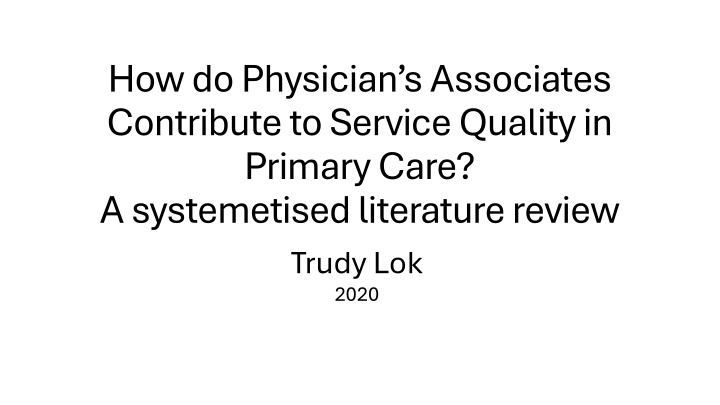
Physician Associates' Impact on Primary Care Service Quality
Explore how Physician Associates contribute to service quality in primary care through a systematized literature review. Learn about their role, history, regulation, education, and tasks in primary care settings. Discover findings from studies conducted in the USA and the UK on the perceptions of various stakeholders regarding the PA role.
Download Presentation

Please find below an Image/Link to download the presentation.
The content on the website is provided AS IS for your information and personal use only. It may not be sold, licensed, or shared on other websites without obtaining consent from the author. If you encounter any issues during the download, it is possible that the publisher has removed the file from their server.
You are allowed to download the files provided on this website for personal or commercial use, subject to the condition that they are used lawfully. All files are the property of their respective owners.
The content on the website is provided AS IS for your information and personal use only. It may not be sold, licensed, or shared on other websites without obtaining consent from the author.
E N D
Presentation Transcript
How do Physicians Associates Contribute to Service Quality in Primary Care? A systemetised literature review Trudy Lok 2020
Definition Mid level medical provider in primary and secondary care. Can diagnose and treat. A dependant practitoner needing dedicated medical supervision. Can work autonomously with appropriate support. Lovnik et al. (2015)
History An American initiative in response to shortage of doctors in 1960s USA. The earliest PAs had been army medics in Vietnam war. First cohort in USA graduated in 1967. Piloted in UK in 2002 in response to doctor shortage, more work being moved from hospital to primary care, an aging population plus the then reduction in junior doctors hours. In 2018 it was estimated that there were 261 qualified, employed PAs in the UK, but as there was no professional register these were self- reported and there may have been more. 2019 Additional Role Reimbursement Scheme in UK, one of 17 new roles that PCNs could claim reimbursement for to improve access to primary care.
Regulation PAs are still un-regulated. The Royal College of Physicians and the Faculty of Physicians Associates continue to campaign for regulation ( due to commence in December 2024) The Faculty produce competencies and a training curriculum framework. A Physicians Associate Regulation Bill had it s first reading in the House Of Commons in July 2017, will become law in December this year. Until then a voluntary professional register remains in place held and managed by the Faculty of Physicians Associates. GMC will be the new regulator.
Education A science based degree Prior NHS experience A 2 year post graduate program PGDip/MSc general medical education. Primary Care and Secondary Care placements.
Work in primary care suggested for PAs Triage patients. See, diagnose and treat acute patients (however can not prescribe and can not request Xrays) Review results. Home visits. Contribute to managing long-term conditions. Audit. (currently can not immunise, take cervical smears, prescribe or undertake minor surgery.)
The review of literature 49 studies of varying quality found. 24 of these undertaken in USA. 19 qualitative studies were reviewed, 14 of these were undertaken in the UK. The studies used data gathering using various methods to gain information and views about the PA role from GPs, PAs, ANPs, primary care staff and patients. (There were various reasons for rejecting the other studies including poor methodology and inability to gain access to papers.)
Positive views taken from the literature PAs free up GPs from routine, acute work to concentrate on more complex cases. GPs gain more time to specialise in an area of interest. Improved team flexibility Improved quality of care. Value for money (2 studies indicated that a PA consultation was 6.22p cheaper than a GP consultation for the same problem)
Controversial debate about PA role taken from the literature Lack of acceptance by some doctors Some areas of the education are lacking sufficient content, such as psychiatry. The course was designed for the American healthcare system which is much more protocol driven and less holistic. GP supervisors need to be available when PA is consulting to give advice and issue prescriptions for them. Poor reception in British media Limited understanding by general practice staff and patients about the role. GPs get all the complex cases. Patients often think they have seen a GP. More clarity regarding legal position and indemnity considering lack of regulation. Possibility of inequity of provision in areas where GPs are hard to recruit.
Quotes from the reviewed literature Do they have the experience to know what they don t know? Their training doesn t contain the depth of knowledge needed in primary care
Conclusion & ideas for development of role Curriculum re-design to tailor to UK health service. GPs be much more involved in review of the curriculum. Expedite statutory regulation. Employ only in larger practices where there is more opportunity for supervision and support. Emphasise importance of PA informing patients of their role (that they are not a GP) before the consultation starts.



